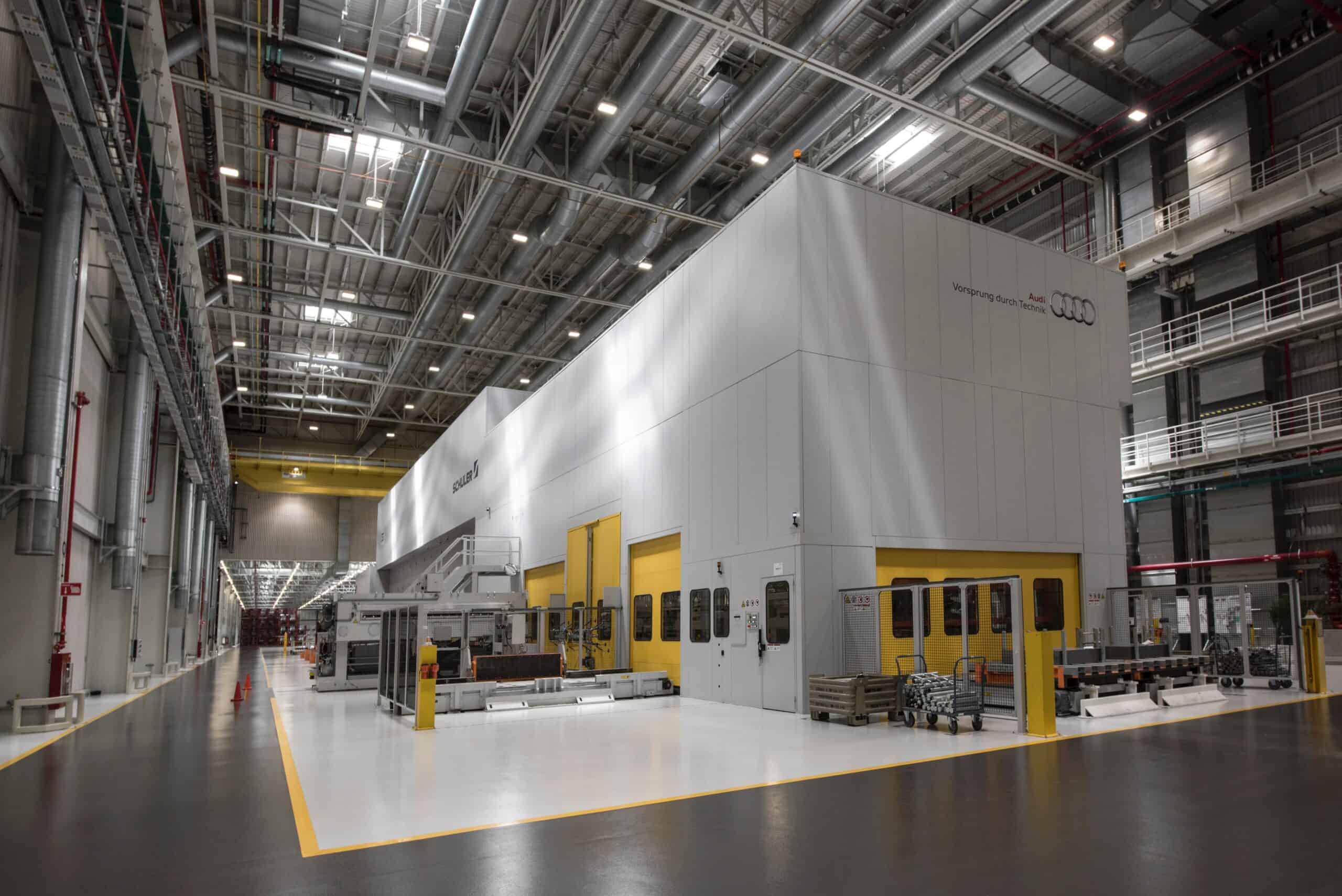An eCommerce business’s fulfillment process is critical to streamlining the supply chain and delivering an exceptional customer experience. However, as your eCommerce business grows, fulfilling orders from your spare room or garage becomes much harder, and creates more trouble than it’s worth.
For this reason, many scaling businesses choose to use one or more fulfillment centers to optimize their fulfillment operations. In this article, we’ll dive deeper into what fulfillment centers are, the benefits they offer, and how to build the best fulfillment network for your business.
What Is a Fulfillment Center?
A fulfillment center is a facility where a business’s fulfillment-related activities take place.
These activities commonly include:
- Inventory receiving
- Storage
- Order processing
- Picking
- Packing
- Shipping
Fulfillment centers are typically owned or operated by third-party logistics providers (or 3PLs). Ecommerce businesses can outsource their logistics and fulfillment operations to a 3PL, meaning that the 3PL performs the activities listed above on behalf of the merchant from that 3PL’s fulfillment center(s).
Fulfillment Center vs. Warehouse: What Are the Differences?
The terms “warehouse” and “fulfillment center” are sometimes used interchangeably, but the two actually refer to different things. While both offer some type of inventory storage solution, they have different purposes and functions.
| Warehouse | Fulfillment Center |
| Purpose: Storage | Purpose: Hub for logistics & fulfillment activities |
| Stores inventory for an extended period of time (low inventory turnover) | Stores inventory only until order picking (high inventory turnover) |
Traditional warehouses mainly focus only on storing inventory. Fulfillment centers, on the other hand, are meant to be places where fulfillment activities and other logistical tasks are performed.
Because orders are being fulfilled, a fulfillment center experiences higher inventory turnover than a warehouse, which stores the inventory for an extended period of time.
Benefits of Using a Fulfillment Center
The prospect of leveraging a fulfillment center and outsourcing to a 3PL can be intimidating — especially if you’ve only ever handled fulfillment yourself. However, fulfillment centers may have a lot to offer your business, and there are good reasons to consider them.
Store Inventory More Efficiently
Storing inventory can be a hassle for eCommerce businesses. Home storage is inconvenient and messy, but renting and maintaining your own warehouse space is incredibly expensive. Even if your business can afford it, it will cost a lot of time and energy to figure out how to make optimal use of space and increase productivity.
Leveraging a fulfillment center lets you bypass these costs and greatly simplify your storage process. For a much smaller fee, a 3PL will store your inventory in a fulfillment center that they pay for and maintain. This allows you to avoid expensive real-estate investments — and because most 3PLs also provide receiving, slotting, picking, packing, and shipping services, you’ll get more bang for your buck.
Leave Logistics to the Experts
The eCommerce logistics process is complex and often challenging to manage. It involves a lot of moving parts that have to work seamlessly together to ensure that the supply chain functions without a glitch. If you’re new to eCommerce, this may seem intimidating, or even impossible.
When you utilize a 3PL-run fulfillment center, you hand off logistics to the experts. With hundreds of other businesses as clients and years of experience, 3PLs are equipped to strategically manage inventory, order processing, and fulfillment with accuracy and efficiency that takes years to achieve on your own. This minimizes the risk of snags in your supply chain while optimizing performance.
Moreover, some fulfillment companies have established long-standing relationships with shipping carriers. This puts them in the perfect position to negotiate better rates for your business, so you can enjoy cost-savings and pass them onto your customers.
Automate Your Fulfillment Process
The best 3PLs will have access to state-of-the-art automation implemented in their fulfillment centers, which will streamline your supply chain when you outsource to them.
These solutions should seamlessly integrate with your eCommerce store. For example, when a customer places an order on your website, some automation enable that order to be automatically sent to the fulfillment center, where it is automatically processed and put in the fulfillment queue before the shipment tracking information is automatically shared with the customer.
Speed Up Deliveries
Many 3PLs operate multiple fulfillment centers that are strategically dispersed across the country, or even internationally. By leveraging an expansive network of multiple fulfillment centers, you can store your inventory closer to popular order destinations. This way, each order is shipped out from the fulfillment center closest to that order’s destination. This lowers transit times, improves average delivery speed, and reduces shipping costs. All of this contributes to an exceptional order fulfillment experience, which is essential for building customer loyalty.
Better Inventory Management
The right fulfillment center will provide you with full visibility into your inventory through advanced inventory management software. Using this software, you can keep track of how your inventory is moving throughout fulfillment, balance inventory levels across multiple channels, and even receive real-time updates and replenishment reminders.
A good 3PL partner will also provide data tracking and analytics for each fulfillment center so that you can view how to optimally distribute your inventory across their network, pull insights from past sales trends, and better forecast demand for the future.
Making Fulfillment Centers Work for You
To get the most out of fulfillment centers, it is absolutely crucial that you partner with a reliable fulfillment provider. The right partner for your business will combine technology, best practices, and expertise to deliver a comprehensive logistics suite that meets your needs and helps you grow.
ShipBob’s logistics and fulfillment services allow you to outsource operations to experts and leverage advanced proprietary technology to scale your eCommerce business. Request a free quote to learn more.
FAQ
A warehouse or on-demand storage solution’s job is to store products, while a fulfillment center’s job is to effectively satisfy customer shipping expectations.
Distribution centers, public warehouses and private warehouses.
When an eCommerce firm conducts all aspects of the eCommerce order fulfillment process in-house, they do it without the assistance of any third-party solution providers.



